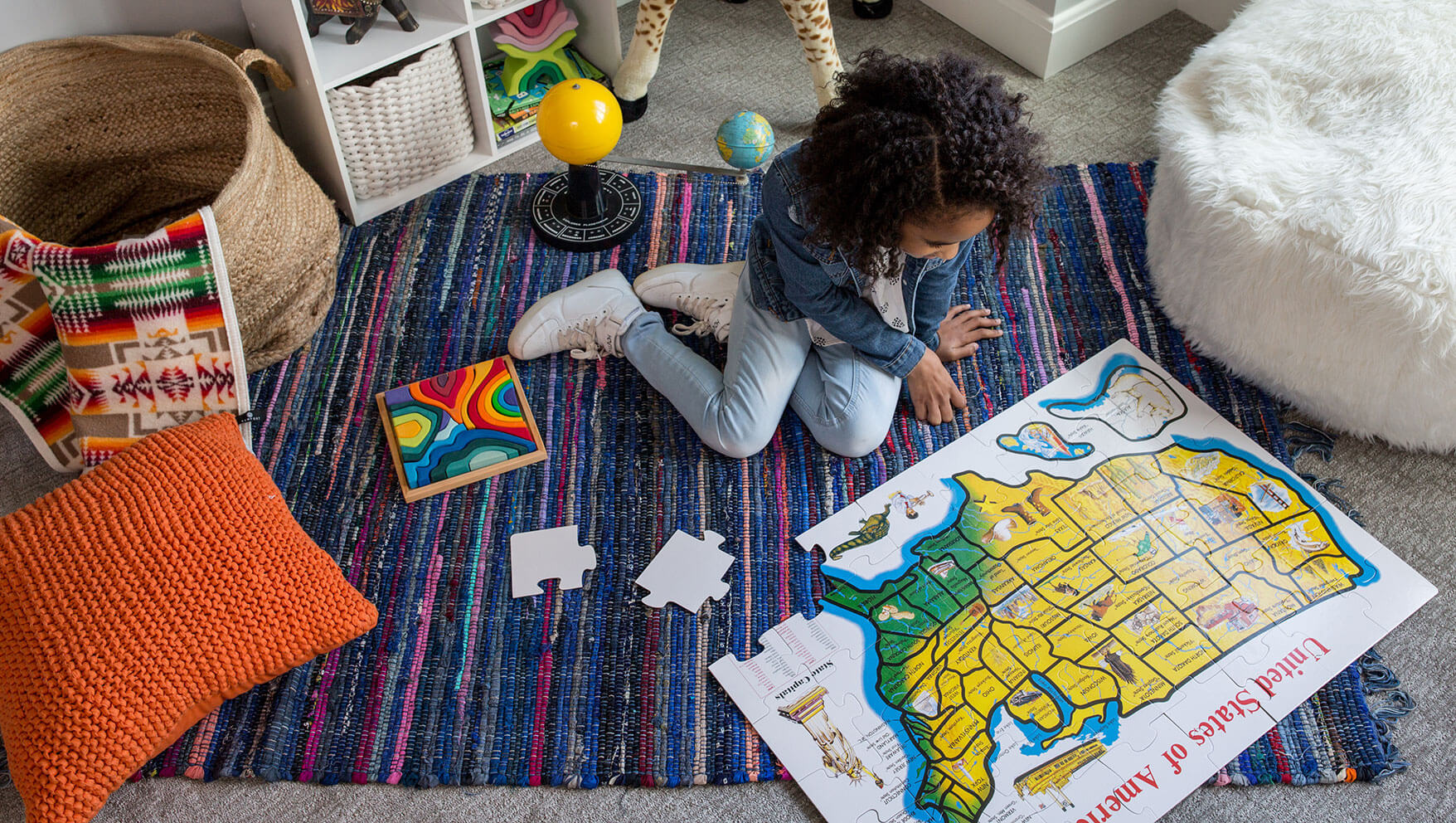Homeschooling: How to Protect Your Time Against Disruptions

Every homeschool parent has probably run into this assumption from friends or family that since you are home during the day, you are also available during the day.
Imagine that you’ve finally gotten your kids engaged with the story you’re reading. Their attention is rapt and they’re hanging on every word – and then your phone rings with a call from a family member asking if you can run an errand for them since you’re “at home right now.”
Your students’ attention is now lost and all of your hard work is ruined because of disruptions.
Interruptions like these can be detrimental to your kids’ learning and it can also be a major source of frustration for you as their educator.
If you’re looking to reduce the number of disruptions you experience while teaching at home, here is what you need to know to set yourself up for success.
- Set a Schedule
It can be tempting to just “go with the flow” as a homeschool family. When there are no specific due dates or bells guiding your daily practices, it may seem like having a clear schedule is unnecessarily restrictive.
While having a schedule does mean there are some directives for how time is spent, studies show that humans are creatures of habit. We crave the stability and security that routines provide and we function best within a schedule.
Setting a schedule is a great way to preemptively reduce disruptions. If the whole family is on the same page as to when school will begin and end, they can anticipate the times when they are expected to be engaged and when they can relax.
Design a clear schedule in which you begin, end, and have breaks. If you have family members or friends who try to communicate with you during the day, set clear boundaries and tell them when you will be unavailable so you can retain the most engagement from your kids as possible and reduce disruptions.
- Silence Your Phone
Our phones are the greatest source of distraction in our lives these days. The constant ringing, buzzing, and flashing notifications have our minds wandering everywhere but in the present moment.
Not only can your phone be a distraction for you as the teacher, it can also disrupt your kids’ work if they hear the loud notifications. All of this leads to segmented patterns of work and significantly less productivity.
On another level, using your phone during school time models a poor work ethic to your kids. When they see that mom or dad use their phone during work time, it teaches them that this is a permissible habit. Watching how parents behave is an integral part of child development.
Get into the habit of leaving your phone elsewhere during work time and only checking it after your scheduled school day (or during breaks). Communicate with friends or family who may need to talk to you during school hours. Make sure that they know that you will not have your phone available and make a plan for how to contact you in case of emergency.
One useful tool is the “Do Not Disturb” function on many smartphones. You can set your phone so that you are not notified of messages during certain hours. There are also certain settings that can bypass this blockade in the event of an emergency. For example, a text from a friend may not send your phone buzzing, but if someone from your “favorites” list in your phone calls twice, this may register as an urgent call and start your phone ringing.
While a cell phone can be a helpful tool for some things, it is usually more of a distraction. Take charge and don’t let devices run your classroom!
- Remove Your Distractions
One of the best homeschooling strategies to keep disruptions from hindering your teaching is to remove them before they have a chance to cause a disruption.
If you find that when your child uses a computer to type, they spend more time distracted by games or browsing the internet, this is probably a sign that you should switch to paper and pencil.
If working in your den is distracting because they have toys or a TV nearby to tempt them, relocate to a room with fewer distractions so they don’t have the opportunity to get off-task.
If you find that you are the one getting distracted by other tasks, let this be a sign that you may need to remove some of your distractions as well.
As tempting as it may be to get in that last load of laundry or send that quick email, set aside those other tasks for when school work is done. If you aren’t fully engaged with your kids’ classwork, it’s pretty unlikely that they will be either.
In Christian parenting, it is our obligation to ensure that our kids have a high-quality education that challenges them and teaches the importance of hard work and academic rigor. This can prove to be a tall order when disruptions get in the way of your teaching.
For resources on Christian homeschooling, teaching Bible stories to kids, and more, check out Minno’s collection of resources for Christian families!